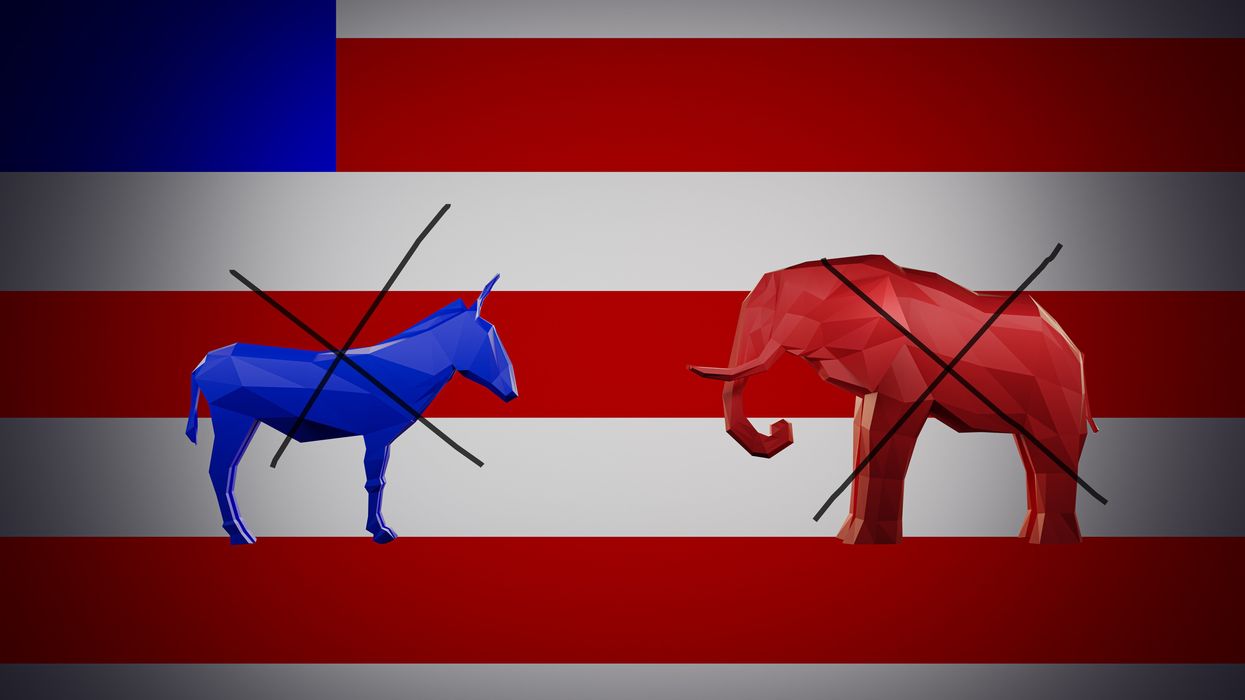Frazier is an assistant professor at the Crump College of Law at St. Thomas University. Starting this summer, he will serve as a Tarbell fellow.
There’s a troubling narrative setting in about our political system. I call it “take-it-or-leave-it democracy.” It’s characterized by the idea that our elected officials, our policies, our culture are beyond our control. Its side effects are substantial. People who catch this virus tend to infect those around them. A friend says they want to vote for a third party ... and someone responds, “You know your vote doesn’t matter, right?” A colleague talks about donating to a candidate ... and someone scoffs, “Why? Don’t you know special interests control everything?”
You get the picture. You know the type.
Given the increase in cases of take-it-or-leave-it-itis, it comes as no surprise that I often find myself asking similar questions. It’s a heck of a lot easier to talk about everything that’s destined to go wrong with our democracy than to map out what we’re actually going to do to change it. The minimal effort required to point out fatal flaws with our political system can sometimes feel unavoidable. By way of example, here’s Paul Krugman of The New York Times:
“I wish this election weren’t a contest between two elderly men and worry in general about American gerontocracy. But like it or not, this is going to be a race between Biden and Trump.”
This statement and this sort of thinking has limited value when it comes to improving our democracy. Krugman's fatalistic framework may inadvertently discourage engagement with our democracy. It’s not, unfortunately, unsurprising to find this “take” filling up the pages of opinion sections. The widespread acceptance of take-it-or-leave-it-itis is the product of decades of Americans being told that “special interests,” the “other” party” and “them” have absolute control over our politics.
The minimal value of such thinking becomes clear by pointing out a single action that many Americans could take in under 10 minutes that would upend our politics and disrupt the election we apparently have no agency over: register as a non-affiliated voter. This action could be taken by everyone tomorrow and, as a result, directly undermine the conclusion that we have a “like it or not” system.
If you don’t like the two-party system, you can opt out and, in doing so, open a lane for more intellectually diverse and demographically representative candidates. We can and should have more options than the two candidates before us. A collective change to no party preference would signal to parties, officials and candidates that we’re done accepting a binary choice. Whether you are currently an R or a D, more and more of us can agree that something isn’t working; so, let’s collectively do something about it for the better of the whole system.
Would the switch to no party preference solve everything? No. But could this very, very small step remind people that we’re not locked into the status quo? I think so. Let’s imagine a hypothetical: Assume we declared March 1 to be No Preference, Not Parties Day; next, let’s estimate that even 10,000 people used that day to change their affiliation. Would you not take notice? Would you not feel a little more inspired that things might be more within our grasp than we’ve been led to believe?
This isn’t meant to be an attack on Krugman or anyone who is struggling to see beyond the current barriers to a more representative and responsive democracy. Instead, suggestions like a No Preference, Not Parties Day demonstrate that small but significant steps can change the fundamentals of a democracy that is in need of adjustments, not apathy. In short, we cannot and should not settle for a disappointing democracy; let’s resist the urge to assume its demise and, in the alternative, brainstorm ways to support a political system that could use some TLC – thoughtful, logical changes.




















Trump & Hegseth gave Mark Kelly a huge 2028 gift